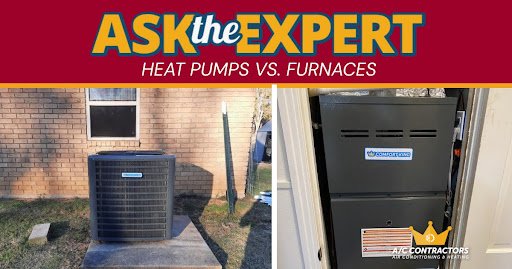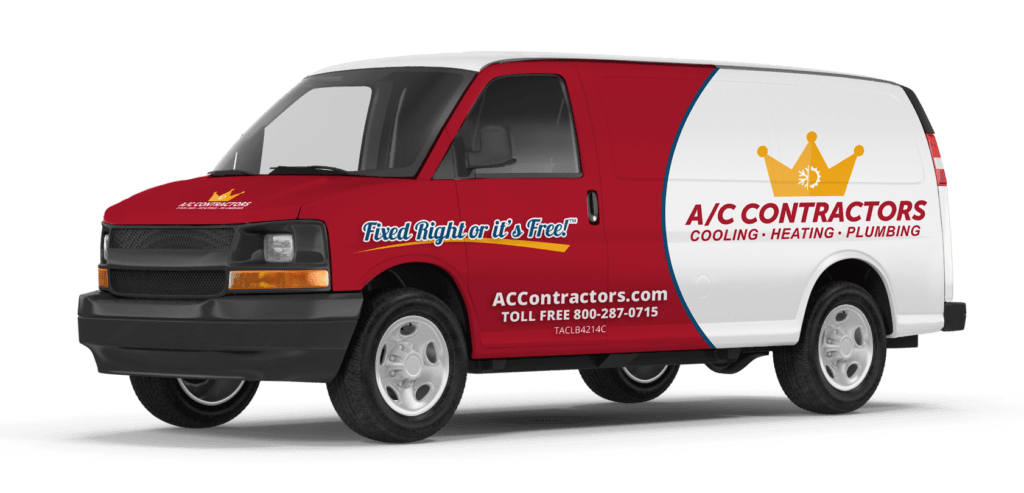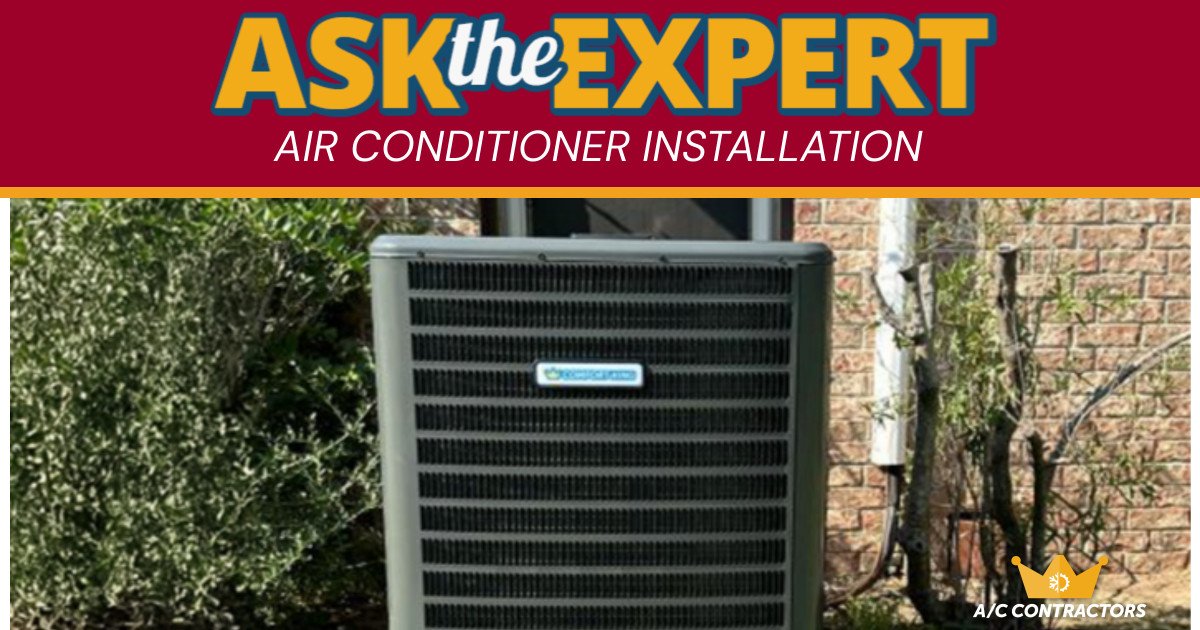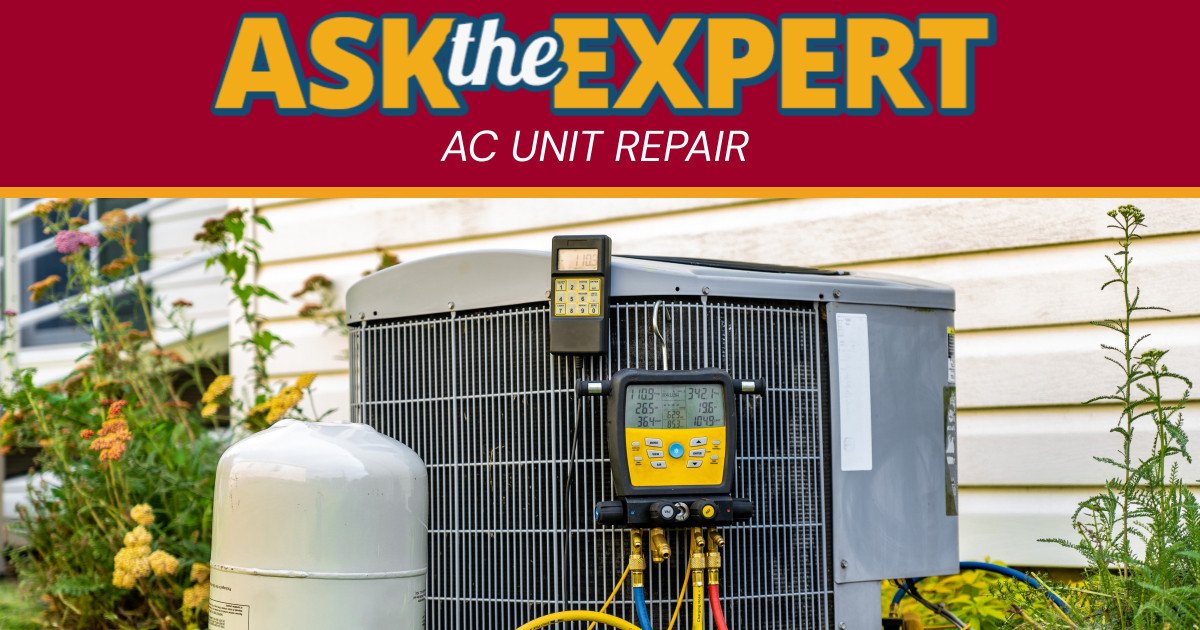
Heat Pumps vs Furnaces: Which One is Best for Texas Weather?
If you’re a homeowner in Tyler or Longview, TX, you know how unpredictable Texas weather can be. One day it’s chilly, and the next, it feels like spring again. With these constant changes, having a reliable heating system is super important. At A/C Contractors Air Conditioning & Heating, we understand how tricky it can be to choose the right system for your home. While both options have their advantages, the





